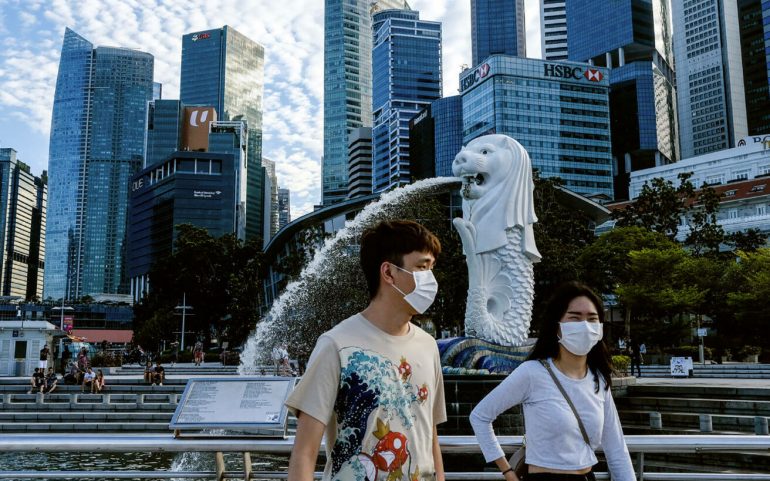When the pandemic that plunged the planet into terror and grief broke out, Singapore soon emerged as one of the success stories of the effective state response to coronavirus.
The management of the health crisis was described as a model of response and the World Health Organization openly praised the strategic plan of the small country.
This island modern city-state, to its south Malay, with a population of just 5,6 million people, currently has the most confirmed cases in Southeast Asia.
Despite counting just 12 deaths, the cases in Singapore have now exceeded 12.000. In fact, the 1.400 came in just one day, effectively tripling their number in one week.
Singapore has lost control of the pandemic and the country's health officials have an opinion on the reasons. But why did this happen?
And how from a reaction pattern, side by side Hong Kong and Taiwan, did he let the situation get away? Gone are the days when the World Health Organization congratulated Singapore for mass checks and effective tracking of contacts, while only a month has passed.
The time when the country effectively contained the second wave of the Asian coronavirus, caused by students and citizens repatriated from Europe and the United States, also seems distant. Singapore has recorded just one such case since April 9.
Hong Kong (just over 1.000 cases) and Ταϊβάν (just over 400) continue to do well, despite their larger populations. What went wrong in the smallest country in Southeast Asia?
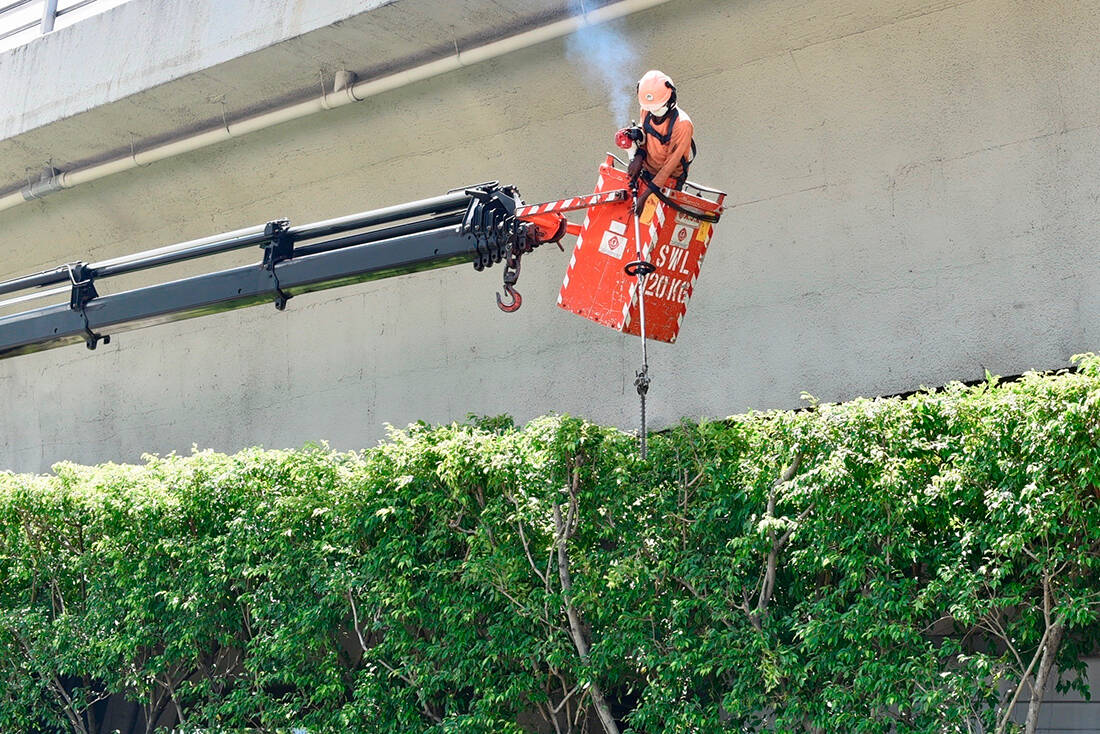
Singapore was one of the countries that learned a hard lesson in 2003, with the SARS epidemic. In order not to repeat the nightmare, he had prepared health crisis management scenarios and did not waste time recruiting them.
That is why Singapore, Hong Kong and Taiwan reacted so quickly and effectively to the coronavirus. And despite their dangerous neighborhood in the spotlight, China. And the direct flight from Uhan.
The three countries imposed precautionary restrictions on flights from China as early as February 1, at a time when the World Health Organization did not consider such travel restrictions necessary.
Epidemiological models even predicted a total catastrophe for Singapore as early as the end of January, when the virus first came out of its borders. China. Singapore seemed doomed to experience an epidemic of epic standards.
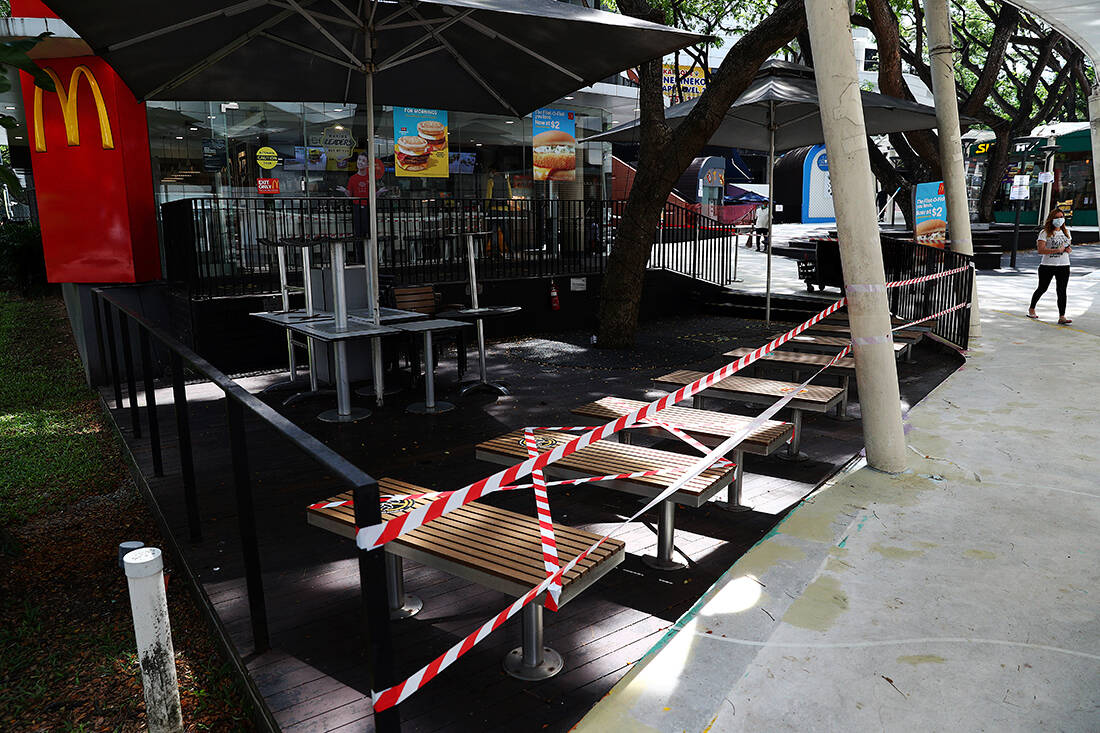
And, indeed, it was only the third country on the planet to confirm a case Covid-19, with the first being noted as early as January 23rd. By mid-February it had recorded 80 cases, more than any other country (except China of course). And yet, the small nation managed to overturn all the predictions against it.
Harvard study appreciated on February 18 that Singapore detected three times more cases than the global average. He did not have three times as many cases, he just did a lot more tests and applied better contact tracking methods.
In fact, they do not lose cases Covid-19, her health authorities decided from the first moment to control all cases of flu and pneumonia. And they did not calculate costs for detecting possible contacts, with 24-hour checks, police recruitment, interviewing patients and mobilizing travel providers, etc.
At the same time, the daily newspapers had on their front pages the government's appeals to the citizens to run to be checked (always free of charge) even with the mildest symptoms. And to stay home if they did not feel well, without affecting their work or school obligations.
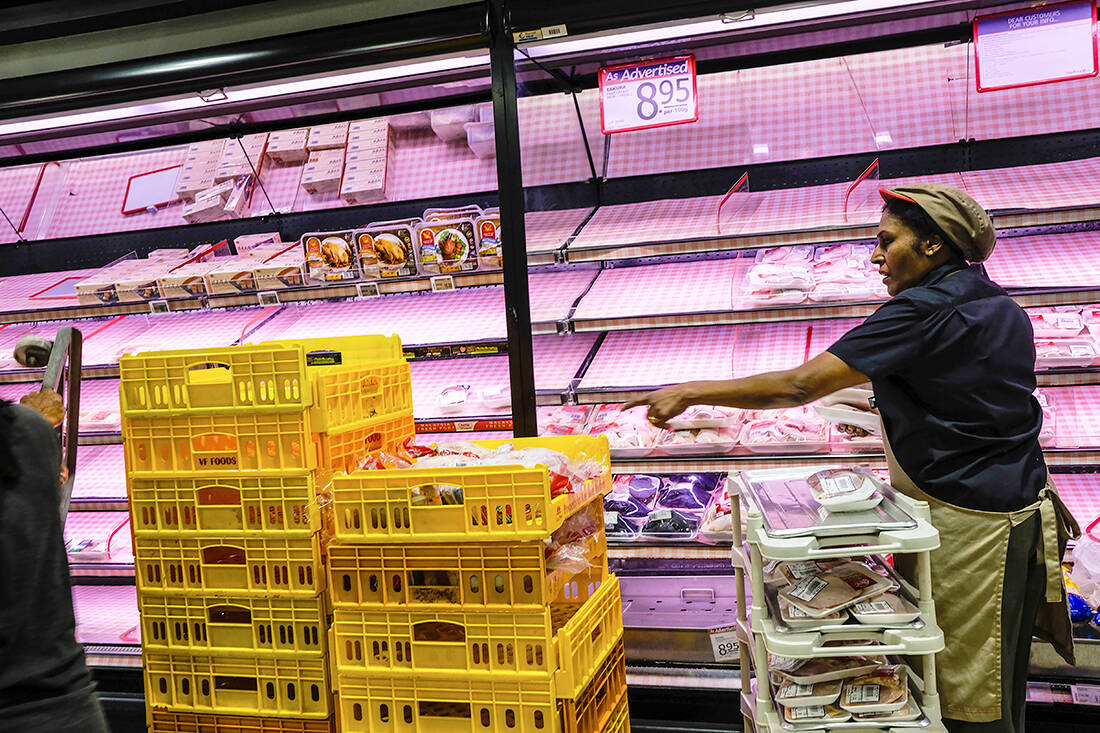
The government has guaranteed full compensation to quarantined people, forbidding employers from charging employees their normal leave if they stay at home. The state protocols of social distance and isolation were implemented universally and with the full consent of the people.
Singapore mobilized even harsher measures to comply with the restrictions. A resident who violated the restrictive measures would automatically lose his citizenship, at the same time that a couple was convicted in court for giving a false travel history.
In mid-March, the country, one of the most densely populated areas in the world, legislated for distance between citizens, punishing a hefty $ 7.000 fine or six months in prison for violating interpersonal distance.
Anyone caught by the police deliberately sitting less than a meter away from each other in a public place was bitten on the spot. The measure is estimated to be in force at least until April 30.
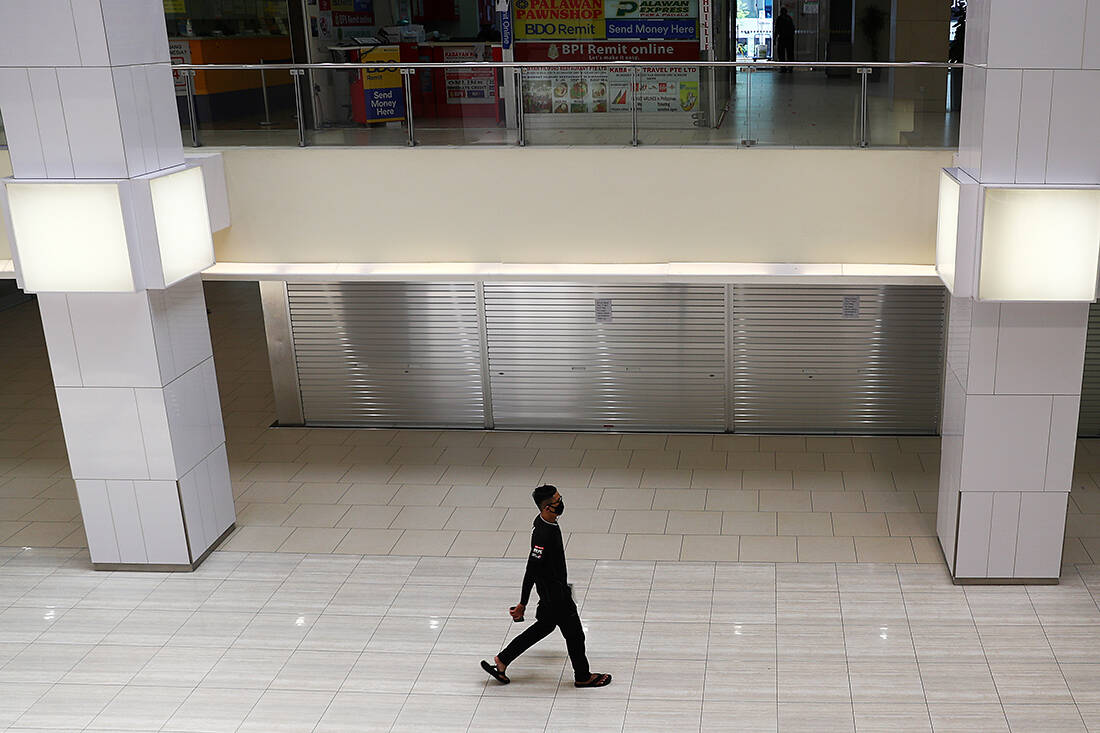
In a mixture of carrot and whip, austerity and transparency that is, Singapore became an example to imitate. As of March 13, the city-state had 178 cases and no deaths. "Singapore does not leave a stone unturned," his leader had typically said World Health Organization, Tentos Antanom Gebregesous.
The Prime Minister of the country also played a big role in all this, Lee Hsien Loong, so that people stay alert, but not in panic. When Singapore raised the pandemic threat level to orange (one degree below the maximum) on February 7, citizens responded by emptying supermarket shelves.
Long appeared on television to reassure the nation, delivering his message in 3 of the state's 4 official languages. His honest, transparent and reassuring speech had such an impact that the queues in the supermarkets soon disappeared.
Singapore even managed to contain the second wave coronavirus which struck Asia, when its students and citizens living in Europe and America were repatriated;
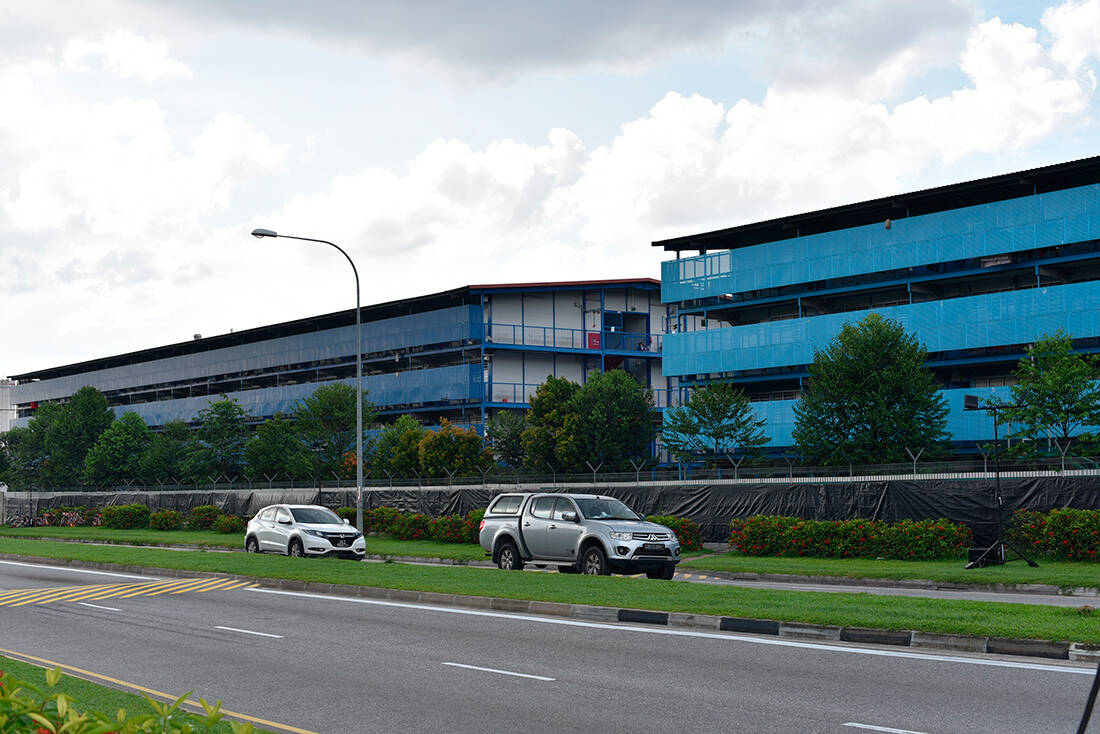
The Singaporean health authorities and the Minister of Health himself consider that they underestimated the risk of immigrants workers. More than 200.000 migrants working in the country live in 43 huge dormitories, according to official figures from the Ministry of Labor, with twenty people stacked in one room.
Of the thousands of new cases that the country has suddenly begun to count, only 16 are permanent residents of Singapore. About 3/4 of all cases Covid-19 come or are associated with these dormitories-sanitary bombs, according to data published by local authorities.
Most immigrants come from India and Bangladesh and are unskilled workers working in the construction and shipyards of a country with a thriving economy and a very good standard of living. They live in dormitories for 20 people and share the bathroom and kitchen with hundreds of others.
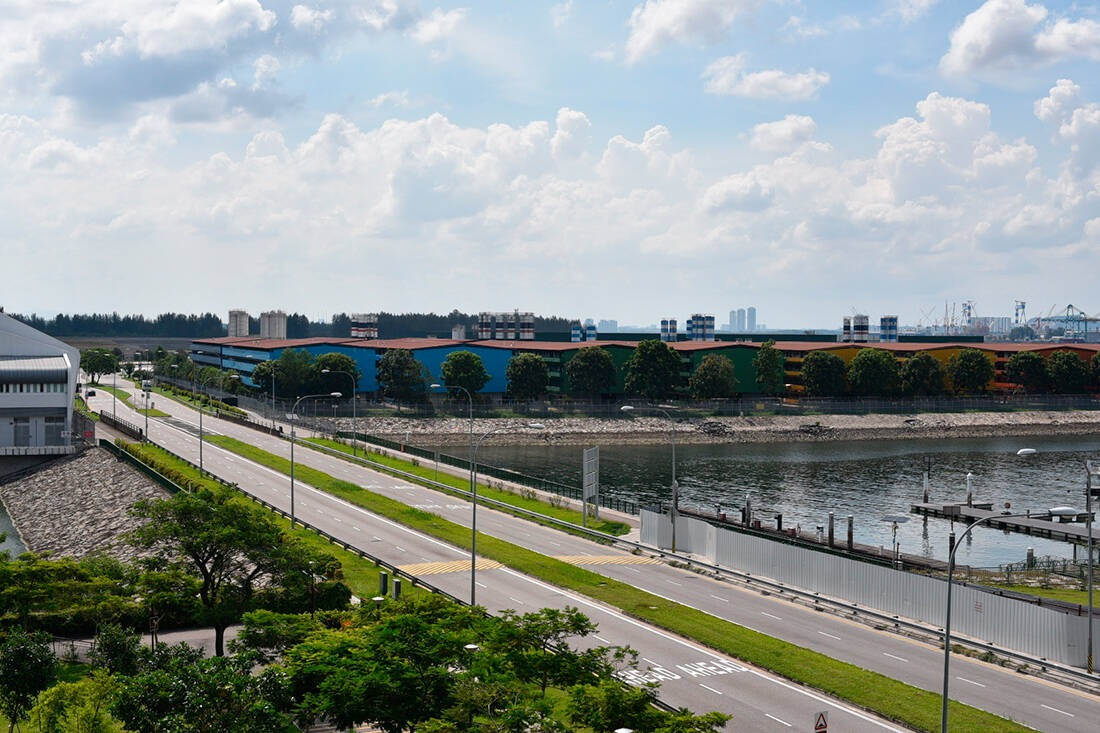
TWC2, a non-governmental organization that monitors the living standards of migrants in Singapore, constantly warned about how vulnerable they are to the coronavirus.
"Dormitories and the management of migrant workers have been a blind spot," said Jeremy Lim, a professor of public health at the National University of Singapore. "Dormitories can not structurally offer the social distance that is necessary," he concluded.
Within a week, all the good work of months vanished. The Singaporean authorities are now rushing workers to permits and public workhouses, camps and elsewhere where they can keep a safe distance from each other.
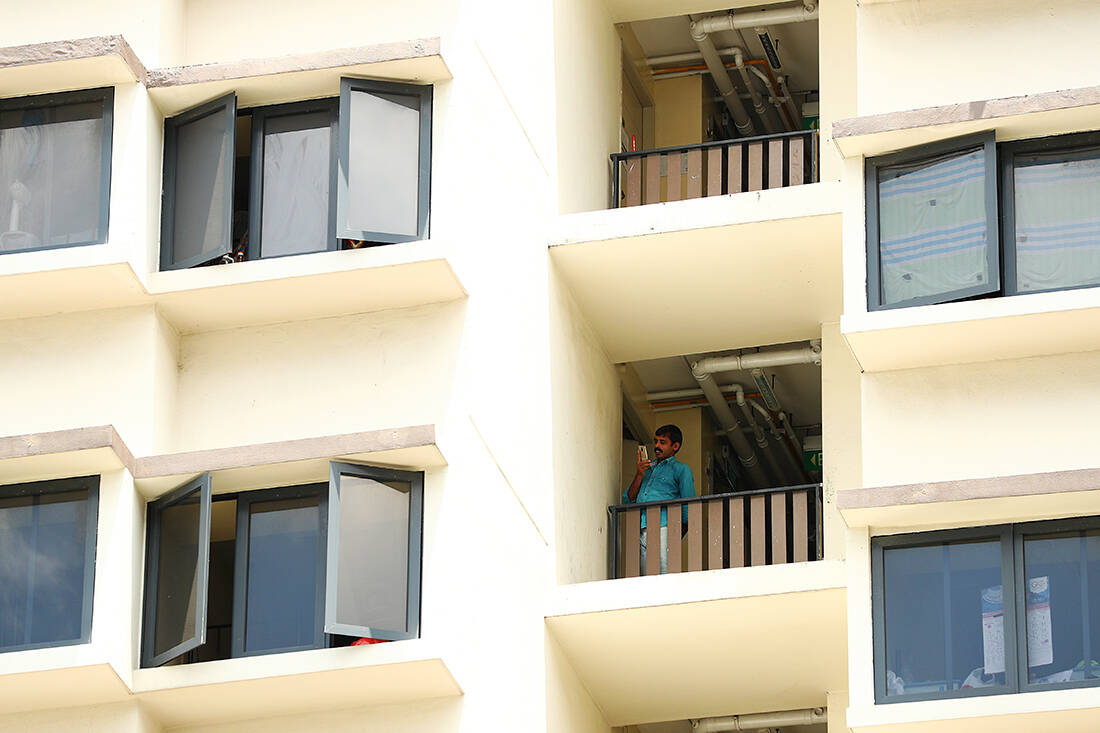
Despite the fact that the cases have increased exponentially in the country in just a few days, the index of infections among citizens continues to fall. An indication of how strict restrictive measures perform. Measures such as closing schools, compulsory masks in public places, etc.
However, everyone believes that Singapore's triumph in coronavirus management is openly at stake. Nobody knows how the situation with the immigrants will develop and whether the coronavirus, which is galloping for the time being, will be restrained once again.
"We are at a critical juncture," says academic Lim. "If we can not reduce the dormitories or outbreaks of migrant workers, the pandemic will inevitably spread to the general population, because Singapore is so small."
